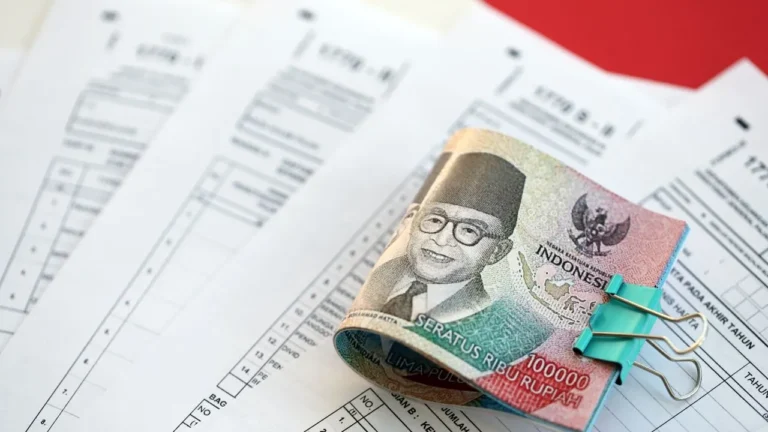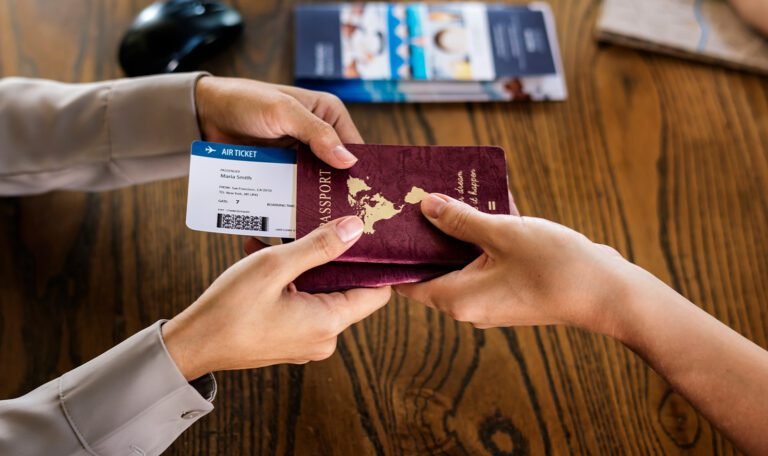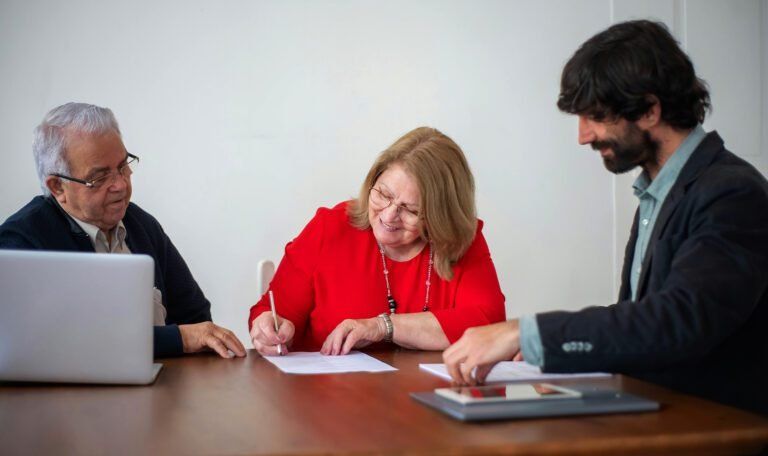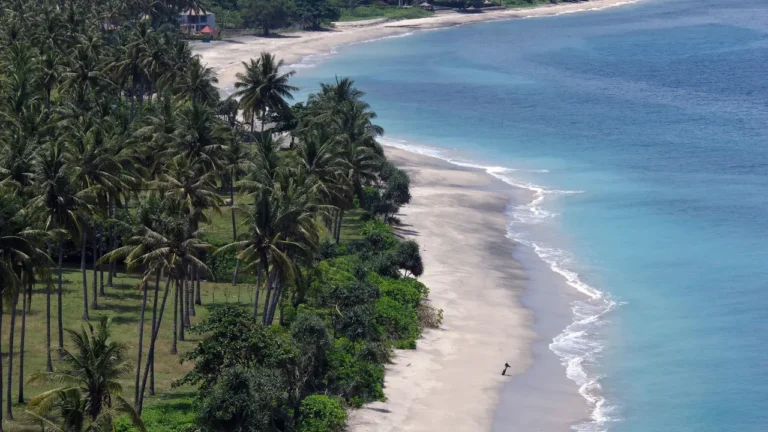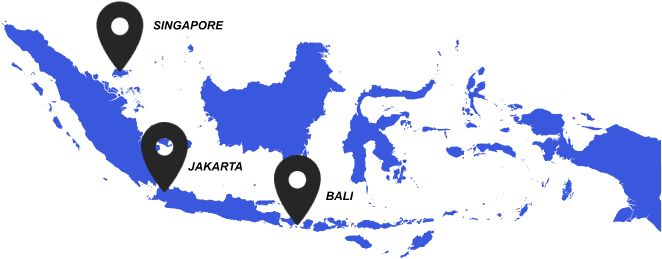Table of Contents
ToggleWhen it comes to acquiring rights on land in Bali and Lombok, it can be confusing to define which rights and obligations a foreigner gets. While in Bali, most of the transactions are on a lease (Hak Sewa), Lombok’s transactions are on a freehold property (HGB).
The article below describes the different types of land ownership in Bali and Lombok.
Land Titles in Bali and Lombok
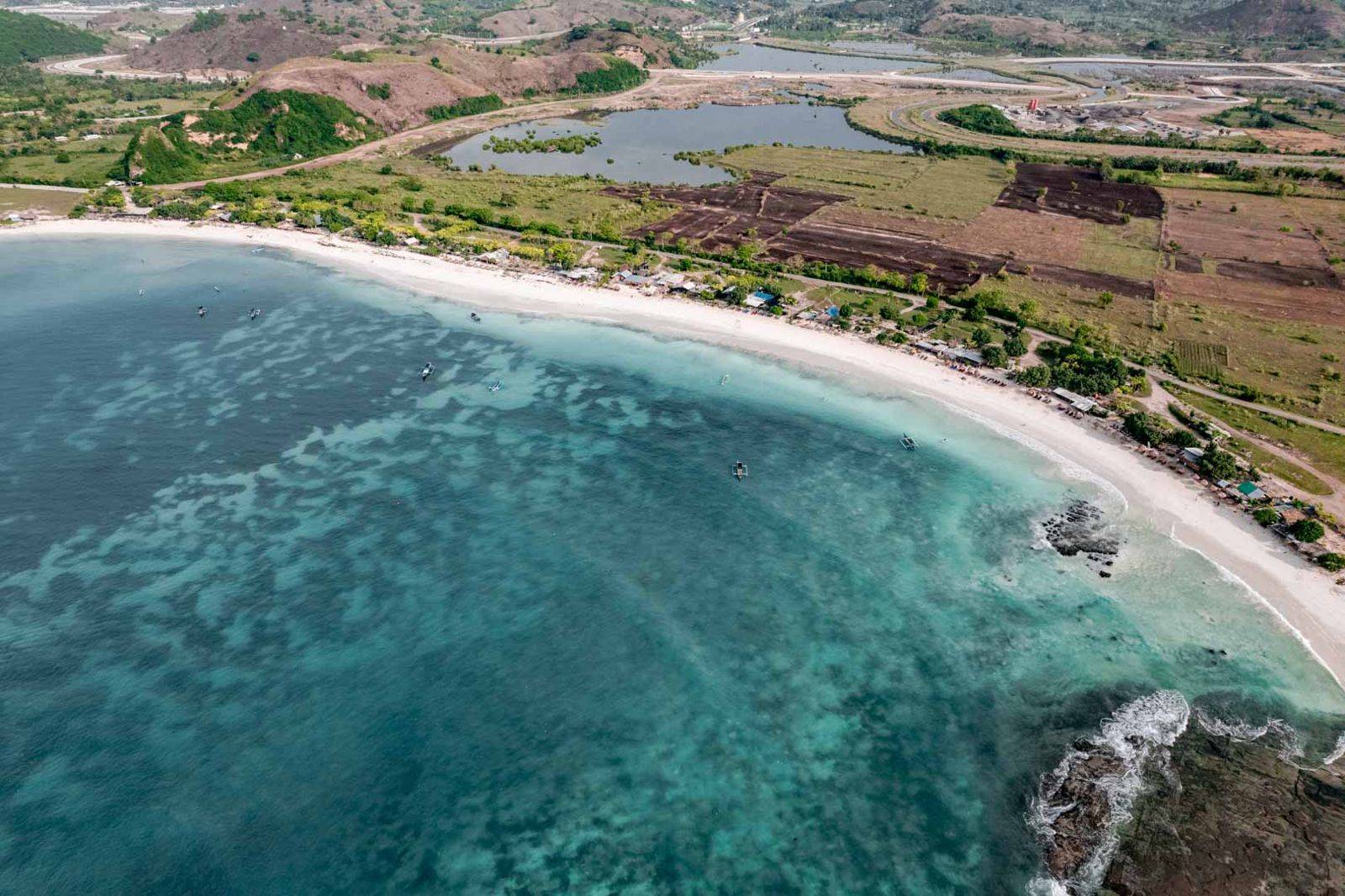
Bali and Lombok are part of Indonesia and follow the rules of Indonesia regarding the transfer of ownership. It is important to remember that having a lease doesn’t allow the foreigner to own a house, and taxation in their country of residence might be highly impacted.
HGU
HGU (Hak Guna Usaha) is a right granted to individuals or legal entities. The title can be translated as Business Use Rights for agriculture, plantations, livestock, fisheries, forestry, etc. It gives the right to have a business on the land. This right is typically granted for a set period of up to 35 years and renewed for another 20 years. There are specific conditions that ensure that the land is used productively and in line with the designated purpose.
Local entities such as PMA and Indonesian individuals have the right to use the land, but full land ownership in Bali stays with the state. The owner of the HGU (Hak Guna Usaha) has obligations to meet certain requirements and respect the environment. The duration is stipulated in the contract, and the extension can be done at least 2 years before the expiration.
The entity can request to transform the HGBU into an HGB under certain conditions. All the terms are regulated in the Basic Agrarian Law Number 5 of 1960 and Government Regulation Number 18 of 2021.
HGB
The HGB is a right to build on a land under the name of the entity owning the HGB. The Undang Undang gives rights to build and own buildings on land that initially doesn’t belong to the entity having the HGB.
The terms of the HGB are initially for 30 years and are extendable for 20 years with a renewable option of 30 years. The total rights are for a period of 80 years.
At the end of the period, the land goes back to the Indonesian state. The owner of the land is no longer the original owner but the government. The HGB is a right provided by the Indonesian government to build and manage the land.
One of the advantages of the entity owning a HGB is the ability to use the land as collateral.
According to Article 44 in the law 18/2021, holders of HGB (Hak Guna Bangunan) have the following rights:
- Use and utilise the land as specified in the granting decision and agreement.
- Build and own structures on the land for personal or business purposes, following legal provisions.
- Conduct legal actions such as transferring ownership, changing land use, or imposing dependent rights on the property.
Hak Pakai
The right of use (SHP) grants individuals or entities the ability to use and benefit from land controlled by the state or owned by an individual landlord through an agreement with the landowner. In terms of land ownership in Bali, the Hak Pakai can be obtained by:
- An Indonesian
- A legal entity in Indonesia
- A representative office
- A foreigner
Each area and sometimes Kapubaten in Bali and Lombok define the minimal conditions to obtain a Hak Pakai. For example, the minimum requirement is a 5 billion investment with a building already built on a land with a maximum size of 20 ara in Badung.
The Hak Pakai is providing the following rights:
- using and utilising the land
- utilising natural resources and water resources on the land
- ability to transfer the rights.
Similar to the HGB the Hak Pakai can be collateralised with another party. The Hak Pakai has a validity of 30 years with an extension of 20 years and can be renewed for another 30 years.
Also read: Complete Guide To Buying Property in Bali as a Foreigner [2024]
Right of Freehold (SHM)
Sertifikat Hak Milik known as SHM is granted to Indonesian individuals. It is the highest form of land or property ownership in Indonesia. It grants full and indefinite rights to the owner. Unlike the HGB or HGU, which have time limits, SHM is permanent and can be passed down through generations.
Despite the certificate having no time limitation, it is important to note that the government and court can revoke the rights in certain circumstances or expropriate the landlord, as has happened in some areas in Bali.
Foreigners and Legal entities are not eligible for this type of certificate and land ownership.
HPL or Right to Manage
The HPL is a certificate granting rights to entities to manage land for a certain period of time. This certificate is provided by the government to manage land owned by the government. Unlike other certificates, it is not possible to collateralise the certificate or transfer the rights to another entity.
Make Navigating Real Estate in Indonesia Easy
Save time and money by letting ILA’s team of experts guide your real estate journey in Indonesia. We can help with due diligence, land title transfers, notary services, contract drafting and reviewing, building permits, various licences and more.
Find more information about our broad range of real estate services, or reach out today for a free consultation.
Regulations for Foreigners Transferring Land Titles in Indonesia

As described above, only a few types of land titles can be acquired and transferred by foreign entities:
- HGU or Business Rights
- HGB or Rights to build and own buildings
- Hak Pakai or Rights to use
It’s important to note that Hak Sewa or Lease, which many foreigners commonly use in Bali, doesn’t grant legal land ownership in Bali or rights over buildings, and it cannot be transferred. The lease itself can be based on the contract but not legal ownership.
The titles above are recognised by the Indonesian government in Bali and Lombok. It is a safer option and also proof for tax purposes.
The transfer of land title is done in several steps:
- Sales and purchase agreement
- Registration at the BPN (Land office in Bali or Lombok, for example).
Also read: Legal Considerations For Leasehold Property In Bali (2024)





